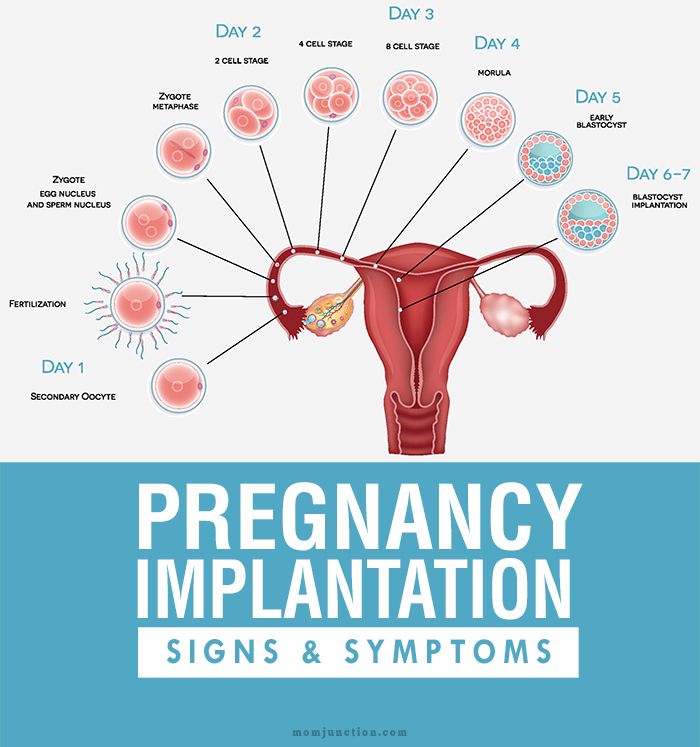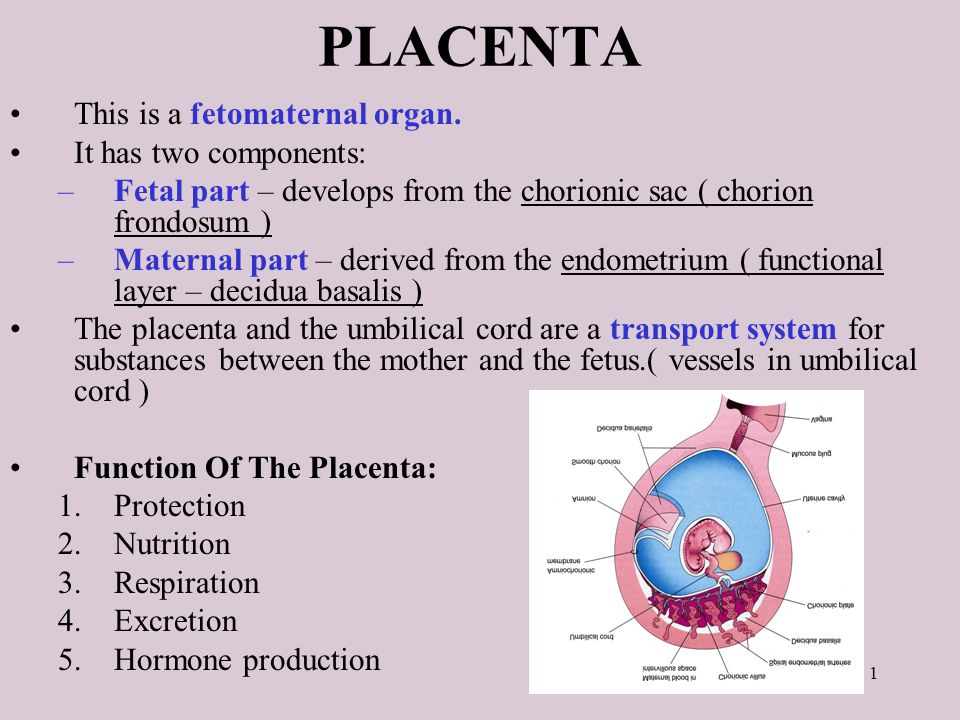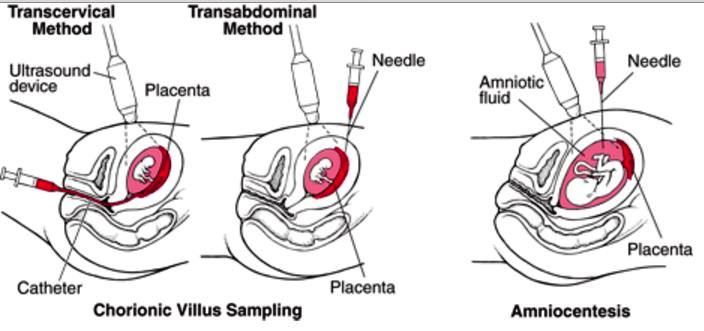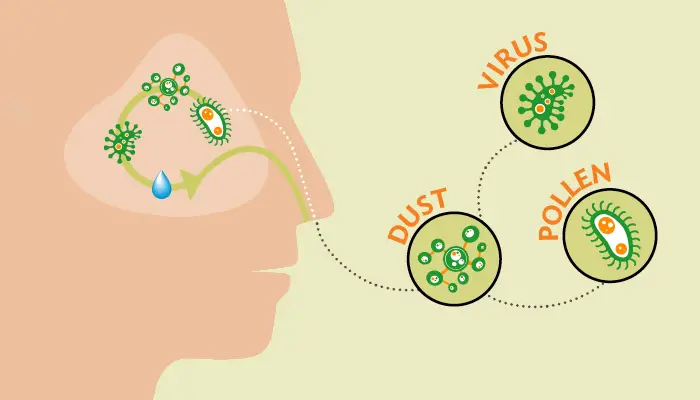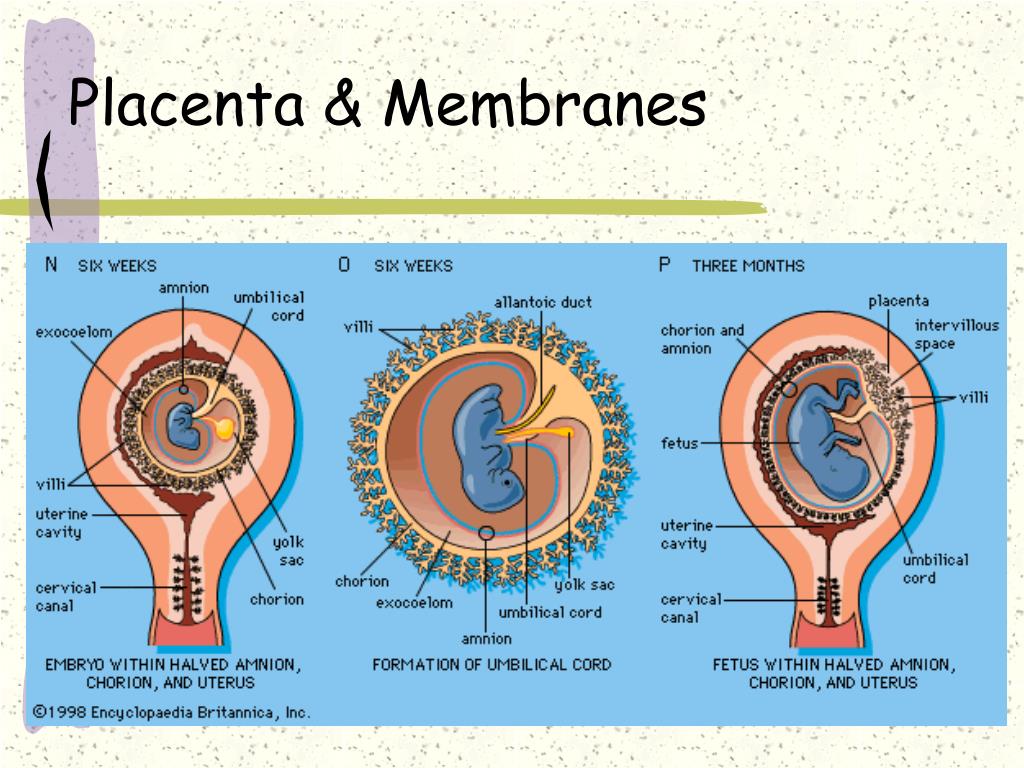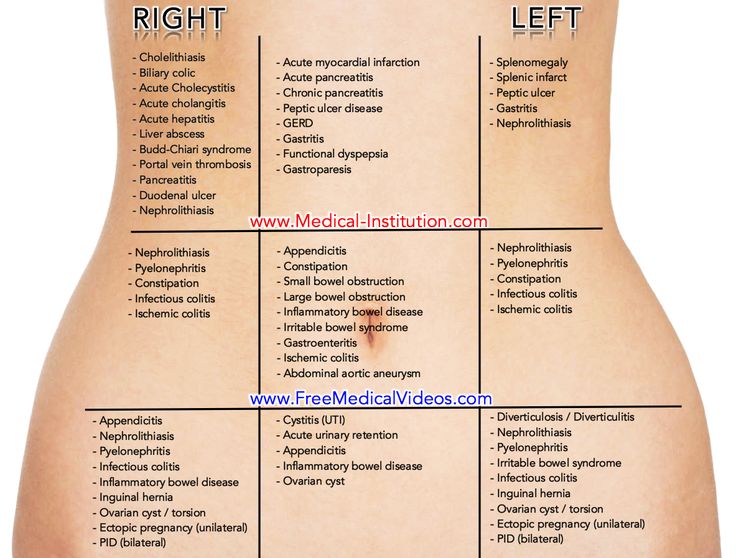How long does it take to become a child life specialist
Child Life Profession Frequently Asked Questions
What is a child life specialist?
The goal of a certified child life specialist (CCLS) is to reduce the stress and anxiety childrenand families experience related to healthcare and hospitalization. CCLSs are experts in child development. They promote effective coping through education, preparation, and play.
What interventions do child life specialists provide?
- Preparation for tests, surgery, and procedures
- Procedural support and distraction
- Non-pharmacological pain management
- Education regarding new or existing diagnoses
- Medical play
- Developmental play
- Emotional support
- Sibling and family support
- Bereavement support
- Preoperative tours
- Patient advocacy
What are the typical responsibilities of a child life specialist?
- Communication with interdisciplinary team members
- Educational opportunities for medical and nursing staff
- Daily charting for consultations and significant interactions
- Daily statistics for all interventions
- Involvement with special events/activities and donations
- Supervision and education of child life students and volunteers
- Participation in meetings/committees relevant to profession/unit
- Creation of preparation tools/resources for use by patients and families
- Professional involvement with other organizations (i.
e. Association of Child Life Professionals)
Do I need a degree in child life to become a child life specialist?
No. To become certified, a bachelor’s degree in child life, child development, or a related field is required. In 2019 a master’s degrees in Child Life will be required for certification. Click here for a list of recommended curriculum.
What degrees do most child life specialists have?
- Child Life
- Child/Family Development
- Human Development
- Family Dynamics
- Expressive Therapies (play, music, dance, art)
- Psychology
- Sociology
- Therapeutic Recreation
- Education
What colleges in my area offer a child life program?
For a list of colleges that offer a specific child life program, visit the Academic Program Directory at www.childlife.org. Identify colleges that have a child development program.
If I do not have a degree that fits or I am making a career change, what do I do?
The Association of Child Life Professionals (ACLP) requires a total of 10 college-level courses in child life or a related field, which they approve in order to be eligible to sit for the Child Life Professional Certification Examination.
Do I have to be certified to become a child life specialist?
Most hospitals require child life professionals to be certified or at least to be eligible to sit for the Child Life Professional Certification Examination. For more information about becoming a Certified Child Life Specialist (CCLS), visit the ACLP website at www.childlife.org.
What are the career prospects for a child life specialist?
CCLSs are typically employed in hospitals. Some CCLSs are applying their skills in other areas such as outpatient clinics, doctors’ offices, hospice, schools, and funeral homes.
How many hours does a child life specialist work per week?
A full time CCLS works 40+ hours per week. Some sites may offer part time opportunities.
What is the average salary of a child life specialist?
The average salary of a child life specialist varies depending on position, years of experience, education level, and location. The salary calculator at www. childlife.org (available to ACLP members) provides more information on salary. Other benefits may include healthcare coverage, 403b, tuition reimbursement, and conference reimbursement.
childlife.org (available to ACLP members) provides more information on salary. Other benefits may include healthcare coverage, 403b, tuition reimbursement, and conference reimbursement.
Can I shadow a child life specialist at the Children’s Hospital of Michigan (CHM)?
No, shadowing opportunities are not available at CHM to protect our patients’ rights to confidentiality and privacy.
Do I have to have certification to be hired at CHM?
Candidates must be certified or eligible for certification. If candidates are not certified when hired, they have up to one year to obtain certification. Maintenance of certification is required.
What do I have to do to become a volunteer at CHM?
Click here to access the CHM volunteer application.
- Child Life
- Child/Family Developmen
- Human Development
- Family Dynamics
- Expressive Therapies (play, music, dance, art)
- Psychology
- Sociology
- Therapeutic Recreation
- Education
Acceptance Rate, Rankings & More – BestColleges.
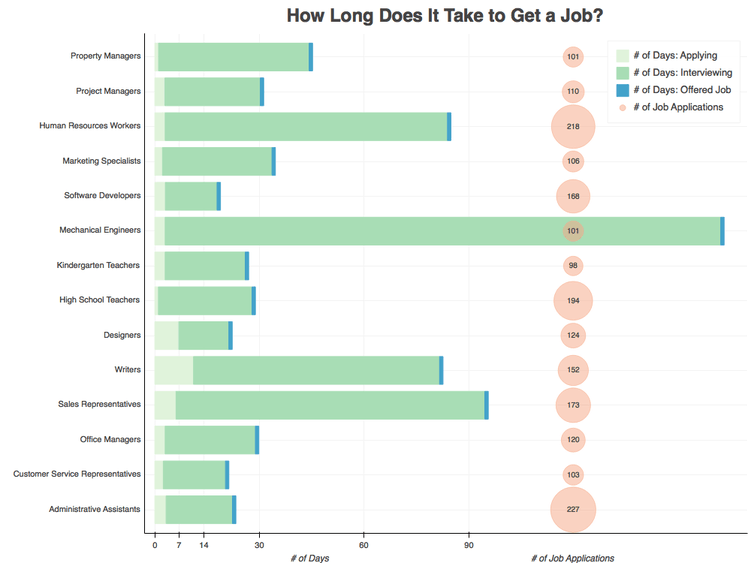 com
com by
Staff Writers
Arrow RightWriter
The staff writers for BestColleges collaborate to deliver unique, student-driven content on topics such as career development, college life, and college planning....
Updated November 10, 2022
Learn more about our editorial process
2 min read
Share this Article
Have you received the calling to become a child life specialist to work daily with children who are suffering from a wide variety of serious medical conditions and illnesses? In one of the healthcare industry’s most rewarding professions, child life specialists are responsible for providing much needed emotional support to children, their siblings, and their parents during a time of great stress. The role of child life specialist also includes designing fun activities to help children cope with hospitalization, reduce anxiety about treatment, and foster academic development, according to the Child Life Council. Since working in the child life profession requires a mastery of child development theories and a unique set of interpersonal skills, below is a step-by-step guide that should be followed to find success in becoming a child life specialist.
Since working in the child life profession requires a mastery of child development theories and a unique set of interpersonal skills, below is a step-by-step guide that should be followed to find success in becoming a child life specialist.
Resources:
- The Top 10 Best Online Master's in Healthcare Administration Programs (MHA) 2016
- Top 10 One-Year Online MHA Programs 2016
Earn At Least a Bachelor’s Degree Related to Child Life
The first step towards being a child life specialist is to earn a four-year undergraduate degree from an accredited post-secondary institution. While there are some universities in the United States that offer baccalaureate-level degrees specifically in child life, there are a number of acceptable majors, including child and family studies, psychology, early childhood education, child development, family psychology, social work, and recreational therapy.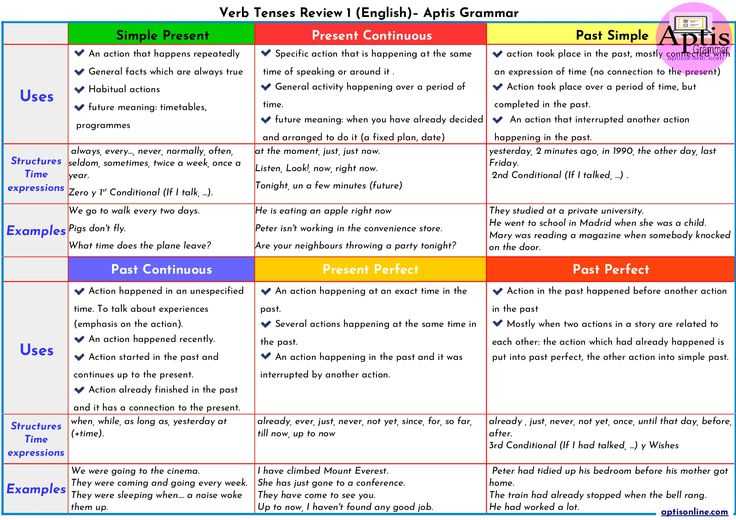 Regardless of your chosen major, it will be beneficial to fill up your course schedule with classes offered in child life, human development, family dynamics, counseling, sociology, therapeutic recreation, expressive therapies, cultural diversity, biomedical ethics, and even pediatric nursing. All aspiring child life specialists must complete at least 10 college-level courses related to child life.
Regardless of your chosen major, it will be beneficial to fill up your course schedule with classes offered in child life, human development, family dynamics, counseling, sociology, therapeutic recreation, expressive therapies, cultural diversity, biomedical ethics, and even pediatric nursing. All aspiring child life specialists must complete at least 10 college-level courses related to child life.
Popular Online Master's in Health Administration Programs
Learn about start dates, transferring credits, availability of financial aid, and more by contacting the universities below.
Obtain Work Experience with Children in Pediatric Care
During the course of your bachelor’s degree or immediately following graduation, it is highly recommended that you complete a child life internship or fellowship under the direct supervision of a Certified Child Life Specialist to obtain hands-on work experience. Before moving on to the next step, you will need to successfully complete at least 480 clock hours of unpaid clinical work as a child life intern.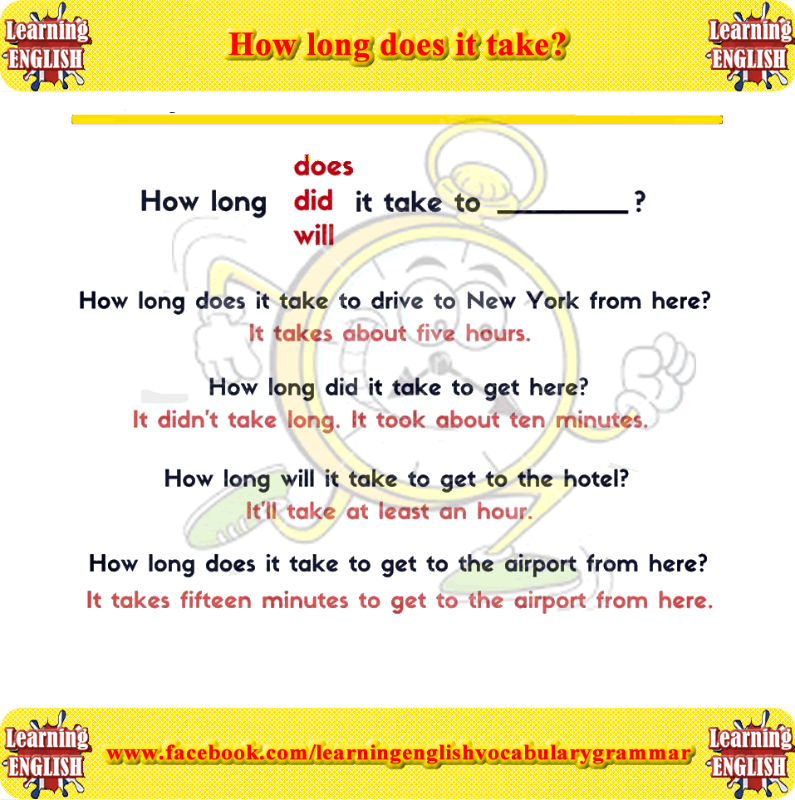 Therefore, you will want to use your professional contacts to pursue internship opportunities available in a wide range of healthcare settings, including children’s hospitals, pediatric rehabilitation facilities, pediatric burn centers, pediatric hospices, community clinics, and specialized camp programs for children with cancer, diabetes, or other conditions.
Therefore, you will want to use your professional contacts to pursue internship opportunities available in a wide range of healthcare settings, including children’s hospitals, pediatric rehabilitation facilities, pediatric burn centers, pediatric hospices, community clinics, and specialized camp programs for children with cancer, diabetes, or other conditions.
Apply to Receive Certification as a Child Life Specialist
In order to demonstrate to prospective employers that you have exceeded a mandatory level of education, experience, and professional competency in the field, it is highly recommended that you apply to become a Certified Child Life Specialist (CCLS) through the Child Life Council. As the only credential in the field, nearly all positions will require you to become a CCLS by receiving a passing grade on the Child Life Professional Certification Exam, which includes a total of 150 multiple-choice questions over four hours. Since the examination is designed to evaluate your understanding of the practical applications of professional child life theories, you should study for the test by taking online practice tests and following the CLC’s study guides.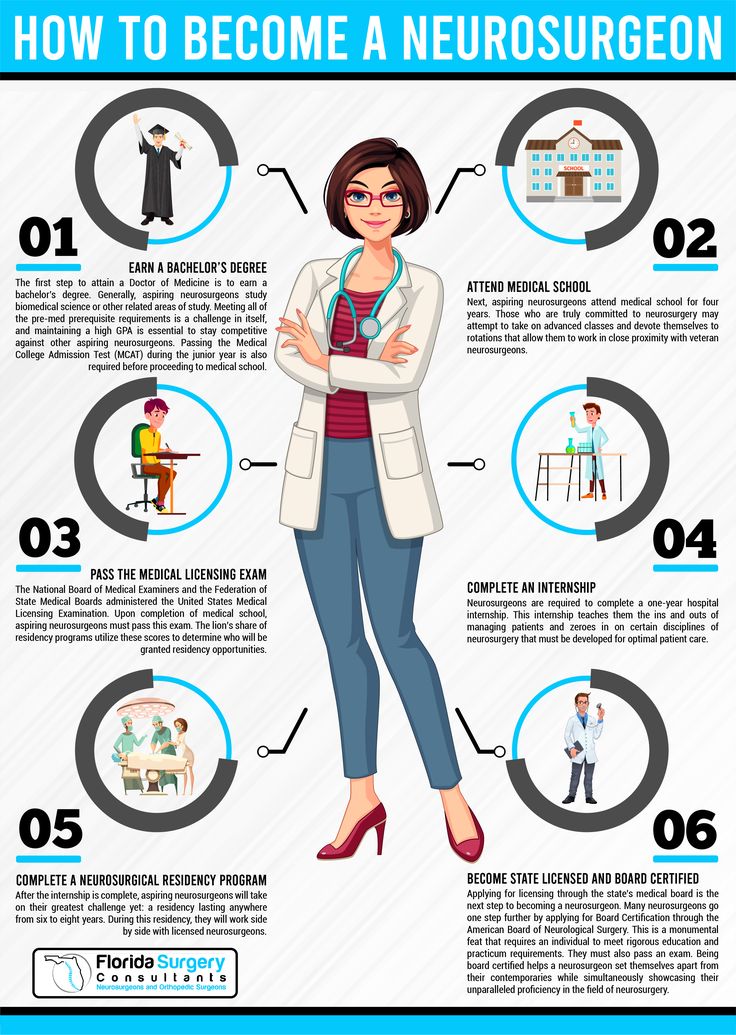 Related Resource: Healthcare Lobbyist
Overall, child life specialists are specially trained pediatric healthcare professionals who devote their career to working with children in various clinical settings to help them cope with life’s most challenging events. When you follow these steps to become a child life specialist, you will be armed with a strong background in child development to help promote effective coping with play, education, and self-expression activities for children throughout their medical treatment.
Related Resource: Healthcare Lobbyist
Overall, child life specialists are specially trained pediatric healthcare professionals who devote their career to working with children in various clinical settings to help them cope with life’s most challenging events. When you follow these steps to become a child life specialist, you will be armed with a strong background in child development to help promote effective coping with play, education, and self-expression activities for children throughout their medical treatment.BestColleges.com is an advertising-supported site. Featured or trusted partner programs and all school search, finder, or match results are for schools that compensate us. This compensation does not influence our school rankings, resource guides, or other editorially-independent information published on this site.
Ready to Start Your Journey?
Explore More College Resources
View allBestColleges. com is an advertising-supported site. Featured or trusted partner programs and all school search, finder, or match results are for schools that compensate us. This compensation does not influence our school rankings, resource guides, or other editorially-independent information published on this site.
com is an advertising-supported site. Featured or trusted partner programs and all school search, finder, or match results are for schools that compensate us. This compensation does not influence our school rankings, resource guides, or other editorially-independent information published on this site.
Compare Your School Options
View the most relevant schools for your interests and compare them by tuition, programs, acceptance rate, and other factors important to finding your college home.
Profession "Pediatrician"
home / Publications / Profession "Pediatrician"
A paediatrician (pediatrician) is a professional whose main duties are the detection, diagnosis, treatment and rehabilitation of children under 18 years of age. In addition, the doctor deals with issues of balanced nutrition and the proper development of adolescents. This specialist monitors the development of children from birth, through preschool and school years. nine0003
Subtleties of the profession
A specialist working in this field must first of all be an excellent diagnostician. It is important to correctly assess the condition of the child at the stage of the initial examination.
It is important to correctly assess the condition of the child at the stage of the initial examination.
The pediatrician observes the child from the first days of his life. He examines babies, weighs them, measures their height, monitors the condition of the mucous membranes, skin and hair.
What a pediatrician treats
This profession is one of the most demanded in pediatric medicine. The doctor assesses the physical and mental development of the child, as well as the degree of his readiness for school. In addition, he distributes children to various health groups, gives recommendations on education and is engaged in the prevention of chronic diseases. nine0003
A pediatrician should know the main symptoms of childhood diseases and borderline conditions, the causes of the onset and development of diseases of the body's organs, and new methods of treatment.
Specializations
The profession of a pediatrician includes many different specializations in therapeutic and surgical areas: pediatric surgeon, pediatric oncologist, pediatric neurologist, etc.
Responsibilities
A pediatrician has a wide range of responsibilities. The main activities include the following manipulations:
- age assessment of the physical and mental development of the child,
- diagnosis and treatment of diseases using modern methods and equipment,
- vaccinations and medical examination of minors,
- development of rehabilitation methods,
- parent consultation,
- maintaining hospital records.
Who is the profession suitable for? nine0007
Working as a pediatrician is suitable only for those specialists who have a higher medical education, a valid certificate in pediatrics, work experience in the specialty, computer skills. It is also important to have such personal qualities as love for children, responsiveness and friendliness.
Demand for a pediatrician
A pediatrician can work both in ambulance teams, as well as in polyclinics and multidisciplinary hospitals.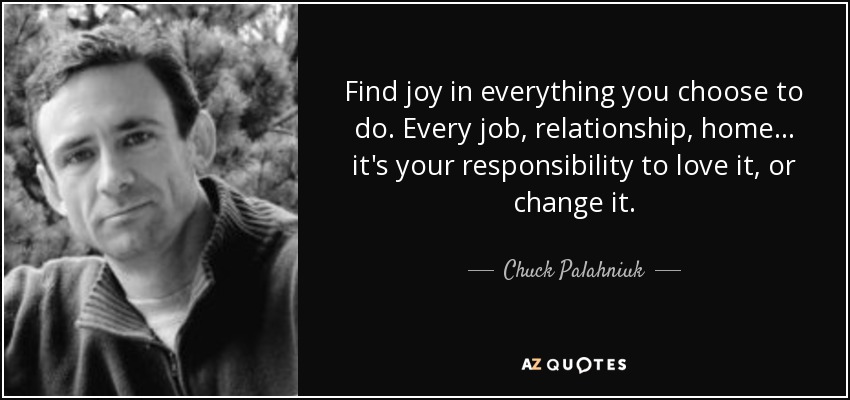 Pediatricians are required in diagnostic and rehabilitation centers. In addition, specialists of this profile are required on a permanent basis in kindergartens, preschool institutions, schools, as well as in sanatoriums and pioneer camps. nine0003
Pediatricians are required in diagnostic and rehabilitation centers. In addition, specialists of this profile are required on a permanent basis in kindergartens, preschool institutions, schools, as well as in sanatoriums and pioneer camps. nine0003
How long does it take to become a pediatrician?
To become a qualified specialist in pediatrics, you need to unlearn 6 years at the faculty of “Pediatrics” or “General Medicine”, and then complete a residency in the specialty “Pediatrics” for 2 years.
Prospects and career growth of the profession
Pediatrics is quite a popular and demanded direction. Therefore, university graduates usually do not have problems with employment. In public hospitals, specialists of this profile are always in demand. A pediatrician can also find work in private medical centers. nine0003
It is possible to increase the level of wages with the help of a category increase. In order to get category II, a doctor must have at least 3 years of experience, category I is assigned to specialists who have worked in this field for at least 7 years.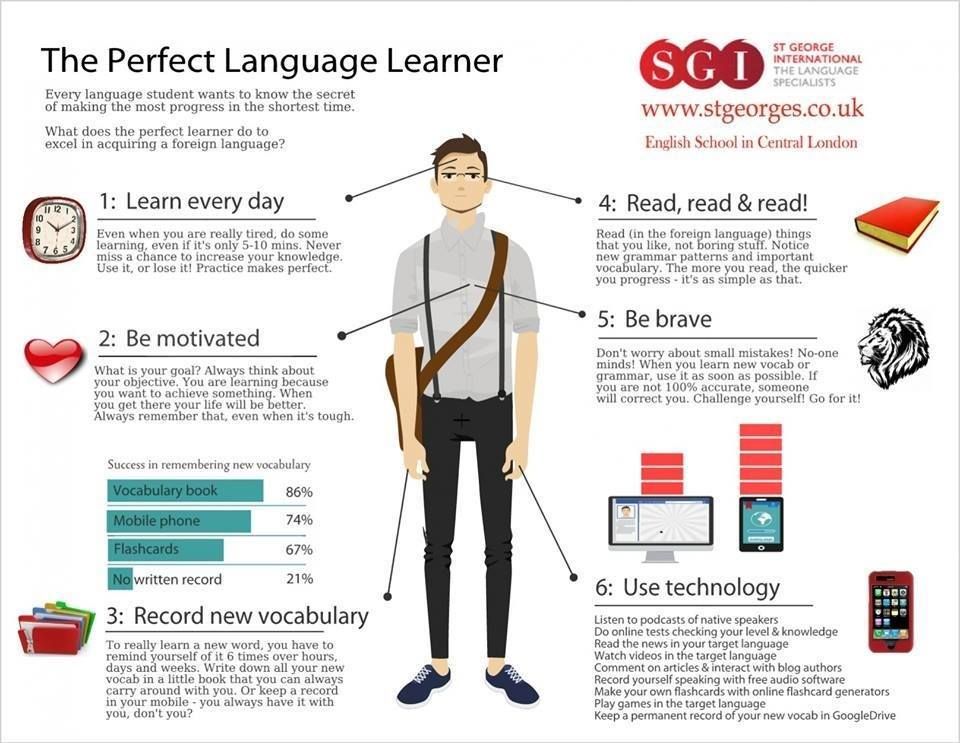 The highest category is given to doctors with more than 10 years of experience.
The highest category is given to doctors with more than 10 years of experience.
Where to get training?
The Central State Medical Academy is recruiting for courses in Pediatrics, where specialists can complete a full course of specialized training. nine0003
← Back to news list
Minobrnauki.gov.ru
MINISTRY OF SCIENCE AND HIGHER EDUCATION OF THE RUSSIAN FEDERATION
CARDIOGENE.CGMA.SU
Site of the data collection system for patients with cardiovascular diseases of genetic origin.
My child wants to become a programmer. What do I need to do now?
I will say right away that such parents can already feel lucky, because about 70% of teenagers, even in the 11th grade, have no idea what they would like to do in life. Therefore, “burning eyes” and genuine interest in some business are really valuable. nine0003
At the same time, in the case of programming, age practically does not matter. You can start developing in this area even at the age of six.
You can start developing in this area even at the age of six.
Where to start?
Even an adult can easily get confused in the variety of IT specialties, let alone a child. Developer, tester, system architect, interface designer, analyst - all these people are involved in one way or another in the creation of an IT solution.
Which of these professions your child has a heart for and will have to be clarified from the very beginning. Find out what prompted the child to make such a choice. nine0003
He likes computer worlds, but the existing ones are already cramped? Maybe he wants to make his own online store or application? Impressed by the success of a friend-video blogger and want to understand the art of editing and animation? A short conversation will narrow the field for searches.
If it's still difficult to formulate, it makes sense to go to open classes offered at programming schools before the course starts, or take tests on the Internet.
Online or offline?
Programming training in our country is available from the age of six. Some programming schools take children even younger if they can read. For young geeks, a lot of techniques have already been developed that make immersion in the world of IT as interactive as possible.
The so-called visual programming languages, among which Scratch and Google Blockly are popular all over the world, are aimed at training logical skills and give a general idea of the principles of programming.
At the same time, in a short time, children manage to create their first project - a simple game or cartoon.
Teenagers are waiting for a richer choice and familiarity with "adult" programming languages: Python, JavaScript, C #, the web technology stack and the basics of 3D. Course graduates can boast of their own games, websites, chat bots, neural networks and knowledge of programming languages.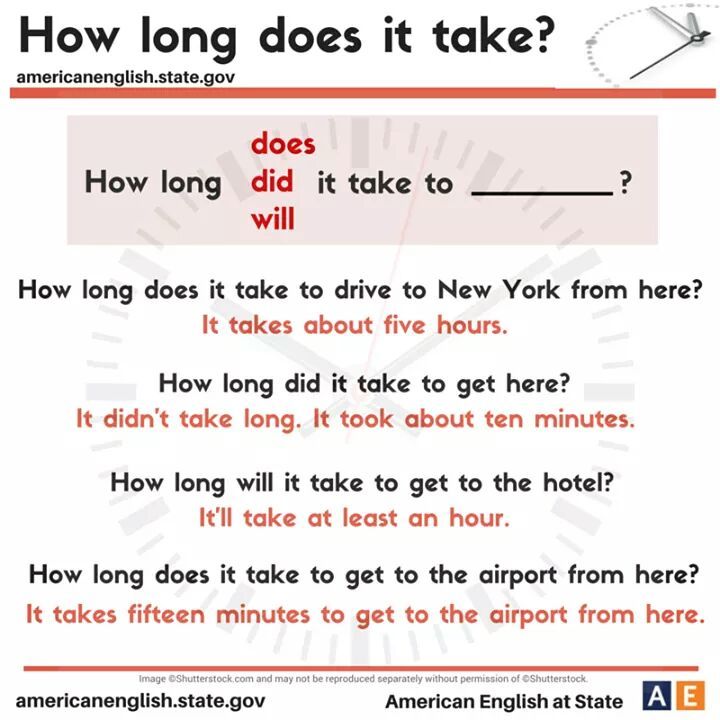
Photo: Digital Banana school archive
Python is a good place to start, because it was developed as a language for teaching programming. If a child likes complex tasks, you can master the classic engineering stack: C ++, java. For those who want to immediately see the result, front-end website development is suitable. If the IT sphere is attractive, but you don’t want to get into the code at all, then you can consider the design of interfaces. nine0003
For teenagers who want to develop mobile applications, java, kotlin for Android and Swift for apple gadget lovers are waiting. For fans of computer games, the easiest language to enter programming will be C #.
By the way, you can do without the code at all. For example, in Unity, it's easy to build pretty nice games using pre-built code.
You can study both in the classic offline format and online, including using free resources for this. But the effectiveness of online programming training among teenagers is debatable. At least because it requires really strong motivation, discipline and perseverance. nine0003
But the effectiveness of online programming training among teenagers is debatable. At least because it requires really strong motivation, discipline and perseverance. nine0003
Another argument in favor of offline is the development of soft skills:
- teamwork,
- task delegation,
- planning,
- presentation of results.
These skills are as in demand on the market as knowledge of programming languages or technologies.
Immersion in the environment can have a dramatic effect on a child. Seeing with your own eyes how work in an IT company actually works, or getting an internship with a well-known software or game developer is definitely an item on your young geek's wish list. nine0003
Communication with established specialists, and even on their territory, will definitely help with career guidance and support the motivation to code further. Getting into an IT company is not so difficult. Large corporations welcome guests and organize excursions for schoolchildren. And since 2017, they regularly come directly to schools themselves on special IT Knowledge Days.
Getting into an IT company is not so difficult. Large corporations welcome guests and organize excursions for schoolchildren. And since 2017, they regularly come directly to schools themselves on special IT Knowledge Days.
Photo: archive of the Digital Banana school
Major IT festivals are also a must-see, where the child not only learns firsthand about IT professions, but also gets to know his like-minded people. It also makes sense to go there to find a mentor. Yes, accomplished professionals who participate in such events are quite responsive and open to dialogue. nine0003
Perhaps one of them will agree to share professional advice or review the code from time to time. Regular feedback will greatly simplify the life of a novice geek.
As a rule, such events are held with the support of large IT companies, technical universities, and charitable foundations throughout the year. In addition, international events are held in Russia aimed at popularizing IT education among schoolchildren: International Code Week, Meet and Code, Hour of Code, and others. During the period of promotions of free master classes and lectures on programming, there are more than enough. nine0003
In addition, international events are held in Russia aimed at popularizing IT education among schoolchildren: International Code Week, Meet and Code, Hour of Code, and others. During the period of promotions of free master classes and lectures on programming, there are more than enough. nine0003
Olympiads
The success of Russian programmers in sports programming cannot be overlooked. Our teams regularly participate in the world's largest ICPC championships and win them just as regularly.
In the case of a teenager, participation in programming olympiads is another opportunity to test the strength of existing knowledge and understand if Computer Science, and not at all industrial programming in some company, is your “everything”.
Photo: Unsplash
Regardless of the result, Olympiad participants develop the most important skills that will be useful absolutely everywhere: working in stressful situations, finding non-standard ways to solve problems, teamwork.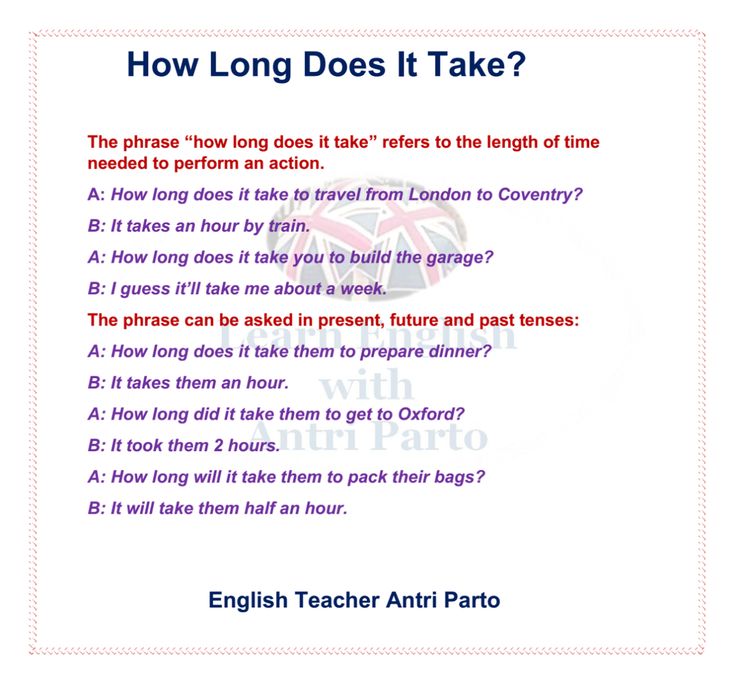
For winning some Olympiads, you can get the right to enter a university without entrance exams, 100 points for the Unified State Examination and other bonuses for the applicant.
You can follow the list of such Olympiads here. Also, talented participants get on the radar of prestigious IT companies. nine0003
Preparing for the Olympics is a serious matter. For example, during the Olympiad programming classes at our school, students throughout the year analyze the main types of problems and methods for solving them, master the skills necessary for successful participation in the Olympiad.
The sooner you start preparing, the higher the chance in the 11th grade to get the coveted bonuses for entering a university. It makes sense to start training and regularly participate in the Olympiad movement from the age of 14.
Hackathons
If Olympiad programming seems too fundamental and serious, then for a start you can look at hackathons. This format of the event has long been available not only for adults, but also for young programmers.
This format of the event has long been available not only for adults, but also for young programmers.
The difference is usually in duration. Children's teams are given six to ten hours to complete the hackathon task.
During this time, the guys go through all the stages, from generating ideas to creating a product prototype or MVP and public presentation of the result. nine0003
During the hackathon, invited experts help the guys realize their idea and set their priorities right. The output is our own working game and a powerful backlog for its development. Participation in hackathons is free, but the sea of emotions, teamwork training and a unique project as a result are priceless.
Choosing a university
Where to enter is a vast topic, in some families it takes years to find an answer. It doesn’t matter what a teenager chooses - fundamental computer science, information systems administration, software engineering, mathematics and computer science, or, say, business informatics - it makes sense to pull up mathematics, physics and English.
